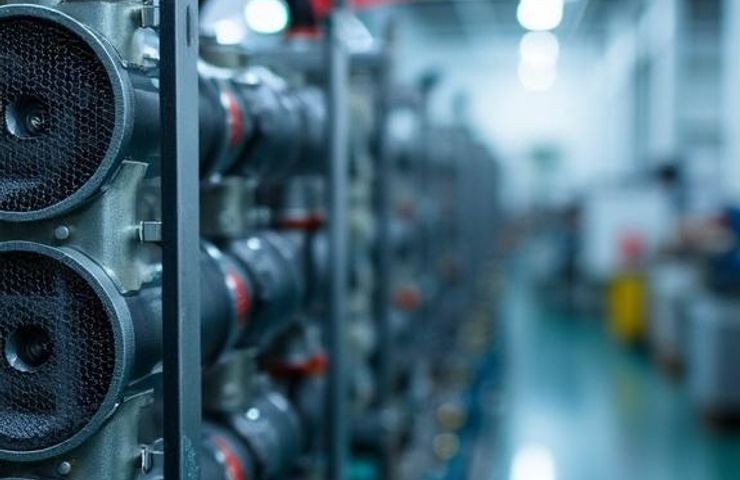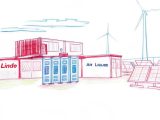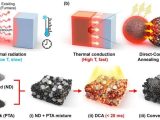
Ballard Pauses Hydrogen Fuel Cells Investments in China Amid Policy Shift
October 24, 2025Last month, Ballard Power Systems decided to hit the pause button on any fresh hydrogen fuel cells investments in China, including its partnership with Weichai Power. It wasn’t a snap decision—it followed a deep dive into strategy after Beijing started championing local suppliers, the market response was lukewarm, and the Weichai Ballard JV site in Weifang, Shandong, fell short of expectations.
Core Summary
On July 7, 2025, Ballard Power Systems Inc. announced it’s freezing fresh capital injections into its China operations—yes, even the 49% slice of Weichai Ballard Hy-Energy Technologies Co., Ltd.. Why? A few big reasons jumped out: the PRC government openly backs local hydrogen fuel cells suppliers, heavy-duty fleets are dragging their feet on PEM fuel cells, and the JV’s finances have been stuck under constant pressure. As Ballard’s Q1 and Q2 filings spell out, sticking around in China just isn’t hitting their return targets.
Strategic Implications
By hitting the brakes in China, Ballard instantly shrinks its capital exposure in a market where rules and subsidies now tip in favor of local players. Don’t be surprised if we see that cash bolstering their balance sheet and fueling a bigger push in North America and Europe—places with more defined hydrogen infrastructure roadmaps and a stronger appetite for sustainable energy projects. And back home in China, domestic fuel cell technology producers get a breather to expand without a big Western name breathing down their necks.
Broader Context
China has long touted hydrogen as a cornerstone of its low-carbon, sustainable energy playbook, but a policy U-turn toward self-reliance has made life tougher for foreign tech players. Once, the Weichai Ballard JV was touted as the poster child for Western PEM fuel cell technology scaling in China. Then came bus and truck deployment delays and pandemic-era setbacks, and suddenly that promise looked a lot less solid. Even Ballard’s liquid-cooled stacks—built for high-efficiency, rapid start-stop cycles—never rolled off the line at the volumes they’d hoped for.
Looking Ahead
This pause doesn’t spell the end of Ballard’s China story—it just flips the script to a more cautious chapter. We’ll be watching to see if the JV can turn things around under local leadership or if Ballard eventually decides to call it quits. Either way, it underlines a bigger truth: in the dash to roll out fuel cell technology for industrial decarbonization, geopolitical swings and policy playbooks are just as crucial as how well the tech actually performs.
About Ballard Power Systems: Starting life in 1979, Ballard has spent decades designing and homebuilding proton exchange membrane (PEM) fuel cells for heavy-duty mobility and stationary power solutions. The company calls Vancouver, Canada home and trades publicly on the NASDAQ under the ticker BLDP.



 With over 15 years of reporting hydrogen news, we are your premier source for the latest updates and insights in hydrogen and renewable energy.
With over 15 years of reporting hydrogen news, we are your premier source for the latest updates and insights in hydrogen and renewable energy.